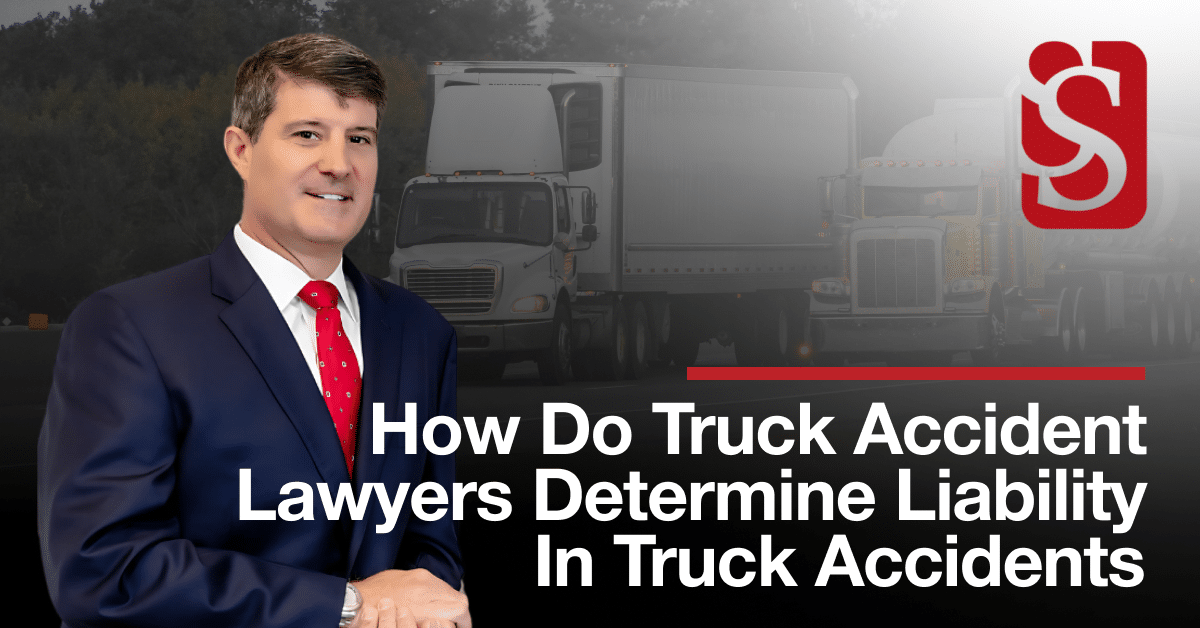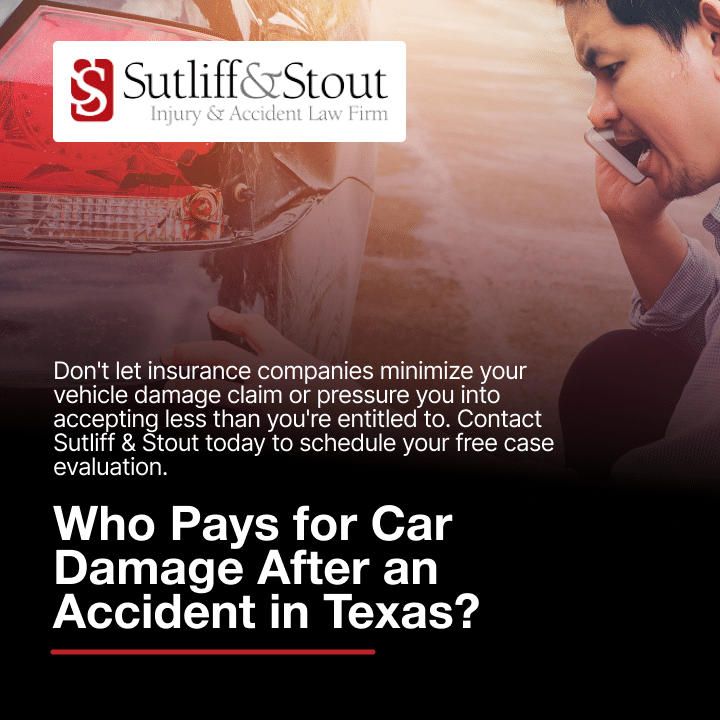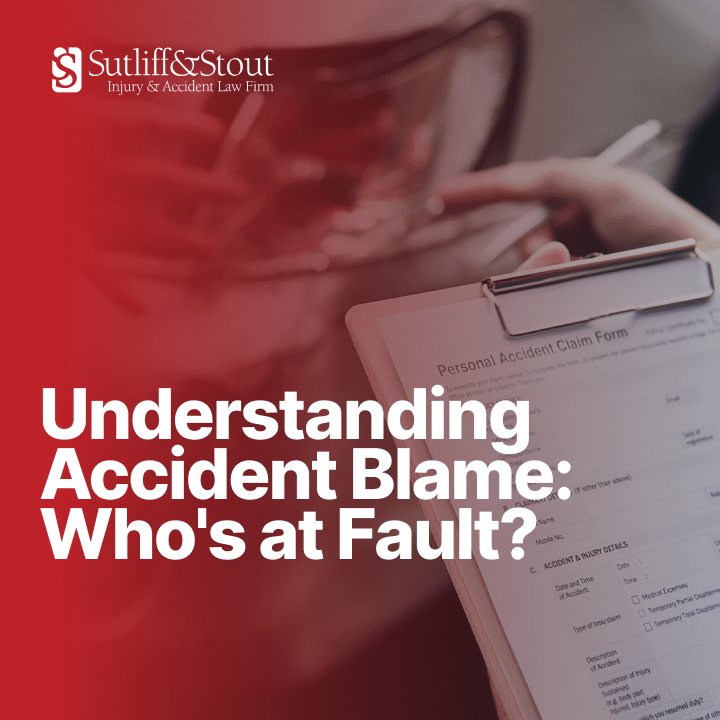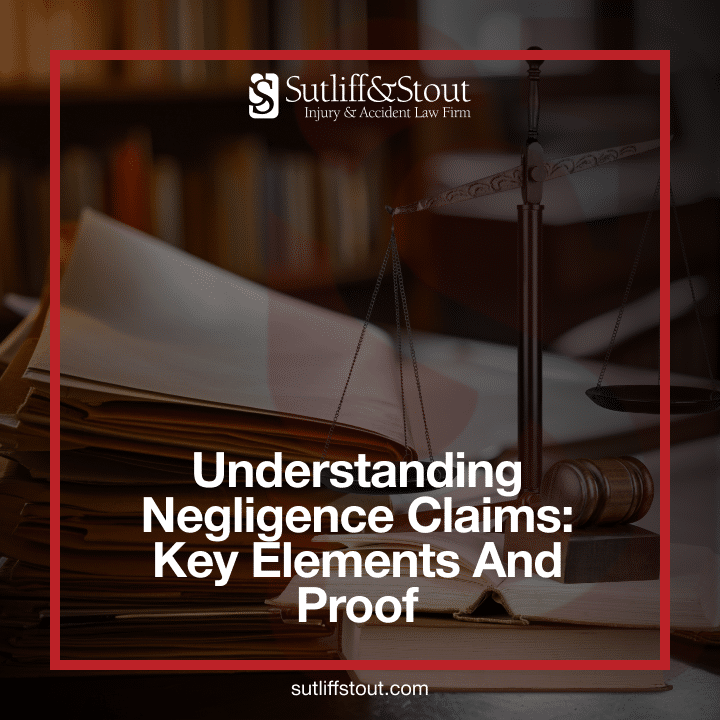
Truck accident lawyers play a crucial role in the claims process after an accident involving a passenger vehicle and an 18-wheeler. Whether it’s the truck driver’s actions, the trucking company’s policies, vehicle malfunctions, or even cargo loading practices, establishing liability is no simple task.
From reviewing accident reports and interviewing witnesses to understanding the complex laws governing the trucking industry, truck accident lawyers tackle the challenging task of determining liability, providing a beacon of hope for those caught in the aftermath of these devastating accidents.
How Do Lawyers Start Determining Liability?
To begin determining liability in truck accidents, lawyers embark on a process that starts with reviewing the accident report. This initial step provides a foundation of facts, including details about the incident and any preliminary findings regarding fault. Following this, interviewing witnesses offers firsthand accounts that can corroborate or challenge the information found in the report, adding depth to the investigation.
Additionally, photos and videos of the accident scene offer visual evidence that can clarify the events leading up to and during the collision. Through these methods, lawyers piece together a comprehensive understanding of the accident, laying the groundwork for establishing liability.
Laws and Regulations in Truck Accident Cases
The Federal Motor Carrier Safety Administration (FMCSA) sets forth regulations that govern the trucking industry, including hours of service rules and truck maintenance standards. These federal regulations are designed to ensure safety on the roads by setting limits on driving hours, requiring regular vehicle inspections, and ensuring proper cargo loading.
Federal Motor Carrier Safety Administration (FMCSA) Regulations
The Federal Motor Carrier Safety Administration (FMCSA) regulations address a wide array of safety concerns, including driver qualifications, drug and alcohol testing policies, and vehicle operation standards. Legal professionals scrutinize these regulations to pinpoint any violations that could establish liability in truck accident litigation.
Hours of Service Regulations
Hours of service regulations aim to combat driver fatigue by enforcing strict limits on driving hours and mandating rest periods. These rules dictate the maximum driving hours a truck driver can log before taking a required rest break. Non-compliance with these regulations is a critical factor in determining liability, as it directly impacts a driver’s alertness and safety on the road.
Truck Maintenance Standards
Regular truck maintenance ensures that vehicles are safe for road use. These standards mandate regular inspections, maintenance routines, and necessary repairs to prevent mechanical failures. Failure to comply with these standards can lead to accidents, making maintenance records a key area of investigation for liability assessment.
Load Securing Requirements
Load securing requirements ensure that cargo is properly fastened on or within a truck, preventing shifts that could cause the driver to lose control or cargo to fall onto the roadway. Failure to secure loads properly is a significant factor in assessing liability for accidents involving cargo spillage or imbalance.
Evidence Collection and Analysis
In truck accident cases, evidence collection and analysis are crucial steps in pinpointing liability. This process kicks off with the gathering of electronic logging device (ELD) data, which sheds light on the driver’s hours of service and any potential breaches of regulations. Another crucial element is inspecting the truck’s maintenance records, which can reveal if a lack of proper upkeep played a role in the accident.
Collaboration with accident reconstruction experts offers invaluable insights into the crash’s mechanics. This expert interpretation helps clarify the sequence of events and the accident’s causality, thus bolstering the liability determination process. Each piece of gathered evidence contributes to constructing a detailed narrative of the incident, proving essential for those seeking legal recourse in truck accident scenarios.
Defining Negligence in Truck Accidents
Negligence in truck accidents is defined as the failure to exercise the expected level of care that a reasonable person would under similar circumstances. This concept is central to liability determinations, focusing on whether the actions or inactions of involved parties contributed to the incident.
Failure to Adhere to Safety Regulations
A common form of negligence involves the failure to follow safety regulations. Violations can include disregarding hours of service rules, neglecting maintenance standards, and failing to secure loads properly.
Distracted or Impaired Driving
Distracted or impaired driving stands out as a significant negligence factor. Engaging in activities that divert attention from driving or operating a vehicle under the influence are clear instances of negligence, heightening the risk of accidents.
Identifying Potentially Negligent Parties
The process of identifying potentially negligent parties encompasses the examination of the truck driver, the trucking company, cargo loaders, and the truck manufacturer. Each entity’s actions are analyzed for operational errors, inadequate hiring practices, improper loading techniques, or the production of defective vehicles.
Truck Driver for Operational Errors
Operational errors by truck driver, such as ignoring traffic signals, speeding, or not complying with rest break requirements, demonstrate a lack of due care in vehicle operation, pointing towards negligence.
Trucking Company for Hiring Practices
Negligence may also stem from the trucking company’s hiring practices. Failing to properly screen or train drivers, or inadequate supervision, can lead to accidents, implicating the company in the liability equation.
Cargo Loaders for Improper Loading
Cargo loaders bear responsibility for ensuring cargo is securely and correctly loaded. Negligence occurs when improper loading leads to cargo shifts or spills, contributing to accident scenarios.
Truck Manufacturer for Vehicle Defects
Finally, the truck manufacturer may be liable for producing vehicles with defects that compromise safety.
Challenges in Proving Liability
Proving liability in truck accident cases is fraught with challenges. The complexity often arises from disputing the cause of the accident, where conflicting witness statements, inconclusive physical evidence, and the involvement of multiple parties can obscure the facts. Additionally, the apportioning of fault presents its own set of difficulties, especially under comparative fault laws, where each party’s degree of responsibility must be determined.
Another significant hurdle is the loss or destruction of evidence, such as spoliation of truck’s digital logs or the disappearance of physical evidence over time, which can severely impede the ability to establish liability.
How a Truck Accident Lawyer Can Help
With deep expertise in federal and state laws governing the trucking industry, truck accident lawyers know how to build a strong case that proves liability and your demand for compensation. They possess the skills to identify pertinent laws and regulations, ensuring an in-depth investigation into all possible sources of liability.
By leveraging evidence to construct a compelling case, a truck accident lawyer can effectively negotiate with insurance companies, fighting for a settlement that accurately reflects your losses. In instances where negotiations are unsuccessful, these lawyers are prepared to litigate the case in court, advocating on your behalf to secure the compensation you rightfully deserve.
Don’t Wait – Schedule Your Free Consultation Today!
If you were involved in a collision with an 18-wheeler and sustained injuries and other damages, the truck accident lawyers at Sutliff & Stout can help. Our truck accident attorneys offer free consultations to discuss your case. We can meet with you and answer all of your questions, explain your legal options and rights, and help you determine the best course of action moving forward. If you decide to hire us, we’ll get to work right away, fighting for your rights and helping you recover the compensation you deserve for an accident that was not your fault. Contact us today to get started.
- What is a Catastrophic Injury? - January 30, 2025
- Essential Guide for Pedestrians Hit by Cars in Texas - January 30, 2025
- How to File a Wrongful Death Lawsuit in Texas - January 15, 2025








 (713) 405-1263
(713) 405-1263  550 Post Oak Blvd, Suite 530
550 Post Oak Blvd, Suite 530